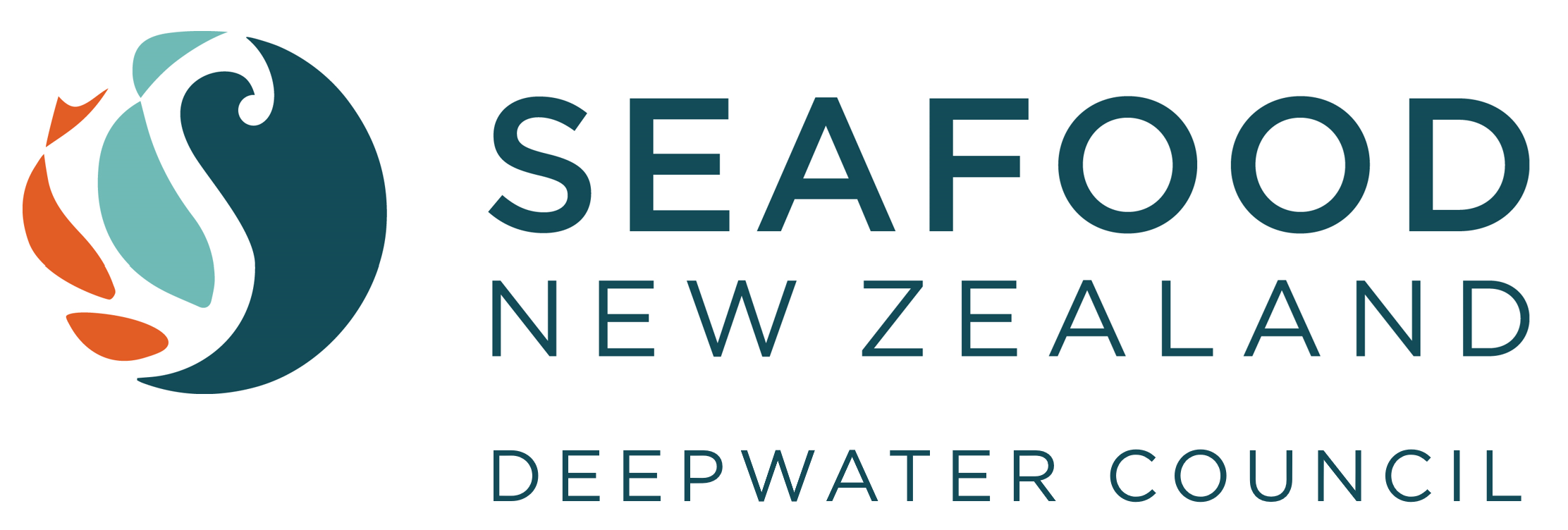20 September 2006
‘Business as usual and full support for the Minister’s decisions’ is how the Deepwater Group of fishing companies describes the Minister of Fisheries’ decision to reduce the commercial catch limits in some areas for orange roughy, said the group’s Chief Executive George Clement.
“We agree with the Minister for the need to reduce the ORH3B quota from 12,700 t to 11,500 t. On the north west Chatham Rise, we’ve now reached the stock level that will support the maximum sustainable yield and so, inevitably, there is a need to adjust catches down to levels for long term sustainability. MFish and Industry have been closely monitoring this fishery to determine when the fish down period has been completed. Two years ago industry voluntarily reduced the catch by 25% as we neared the end of that period. This is a sensible level - setting catches that reflect the long term management targets,” he said.
The industry has proposed the closure of 30% of the New Zealand maritime zone to bottom trawling to protect the benthic ecosystems. As a result industry, has requested a 100% reduction of the Arrow Plateau allowable catch, or 1,000 tonnes, as this area will be closed to trawling.
Mr Clement said that any loss of catch inevitably would impact on investments and jobs, but that this was agreed and accepted when managing sustainable fisheries.
“The deepwater group has the support of the Chatham Rise and southern New Zealand (ORH3B) quota holders to ensure these orange roughy stocks are managed sustainably over the long term”, Mr Clement said.
“ORH3B is being managed etremely well as a multiple stock fishery. New information suggested that a reduction was a sensible option and the group supports the Minister’s decision”, Mr Clement said.
“This is evidence of care and responsibility being practiced by the industry and government to manage fisheries realistically and effectively balance the needs for sustainable use,” he said.
Ends
